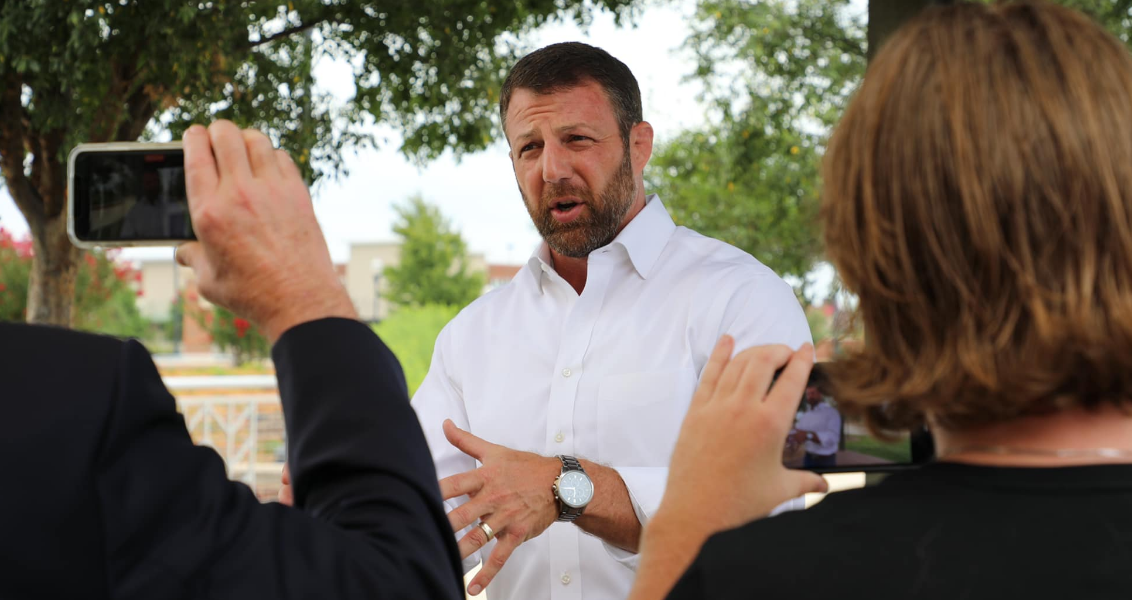
- Details
- By Levi Rickert
Republican Markwayne Mullin, a tribal citizen of the Cherokee Nation, was elected to the U.S. Senate to represent Oklahoma. When sworn in in January 2023, he will become the only Native American to serve in the U.S. Senate since former Sen. Ben Nighthorse Campbell (R-CO) retired in 2005.
The Associated Press called the race just after the polls closed in Oklahoma.
Mullin defeated Democrat Kendra Horn, a former congresswoman.
First elected to Congress in November 2012, Mullin is a conservative Republican who has represented Oklahoma’s 2nd congressional district since 2013.
Born in Tulsa on July 26, 1977, Mullin became a businessman. At the age of 20, he took over his father’s plumbing business after his father became ill. In addition to owning Mullin Plumbing, he owns Mullin Properties, Mullun Farms, and Mullin Services.
Mullin clinched the Republican nomination for the open U.S. Senate seat in Oklahoma with a landslide victory in the August primary. The five-term congressman beat former Oklahoma House Speaker T.W. Shannon with 65 percent of the vote in a runoff that was necessary because neither candidate received 50 percent of the vote in the June primary.
Current incumbent Sen. James Inhofe (R-OK) announced in February he would resign his seat, which set up the special election that coincided with the midterm elections.
More Stories Like This
Native News Weekly (August 25, 2024): D.C. BriefsNavajo Nation Gaming Enterprise Marks Problem Gambling Awareness Month With $3.4M in Support
Cheyenne River Youth Project to Celebrate Women’s Strength at Barbie-Themed Passion for Fashion on March 14
Celebrating Native American Women
Native Bidaské: The Illusion of Freedom and the Myth of America 250, Leonard Peltier Speaks Out
Help us defend tribal sovereignty.
At Native News Online, our mission is rooted in telling the stories that strengthen sovereignty and uplift Indigenous voices — not just at year’s end, but every single day.
Because of your generosity last year, we were able to keep our reporters on the ground in tribal communities, at national gatherings and in the halls of Congress — covering the issues that matter most to Indian Country: sovereignty, culture, education, health and economic opportunity.
That support sustained us through a tough year in 2025. Now, as we look to the year ahead, we need your help right now to ensure warrior journalism remains strong — reporting that defends tribal sovereignty, amplifies Native truth, and holds power accountable.
 The stakes couldn't be higher. Your support keeps Native voices heard, Native stories told and Native sovereignty defended.
The stakes couldn't be higher. Your support keeps Native voices heard, Native stories told and Native sovereignty defended.
Stand with Warrior Journalism today.
Levi Rickert (Potawatomi), Editor & Publisher

